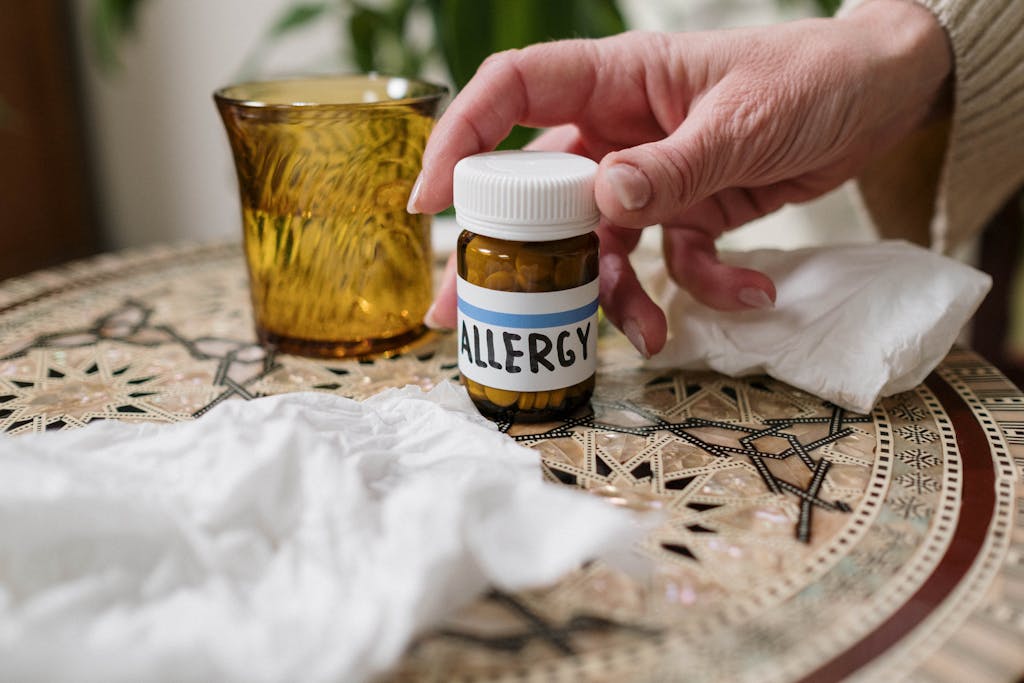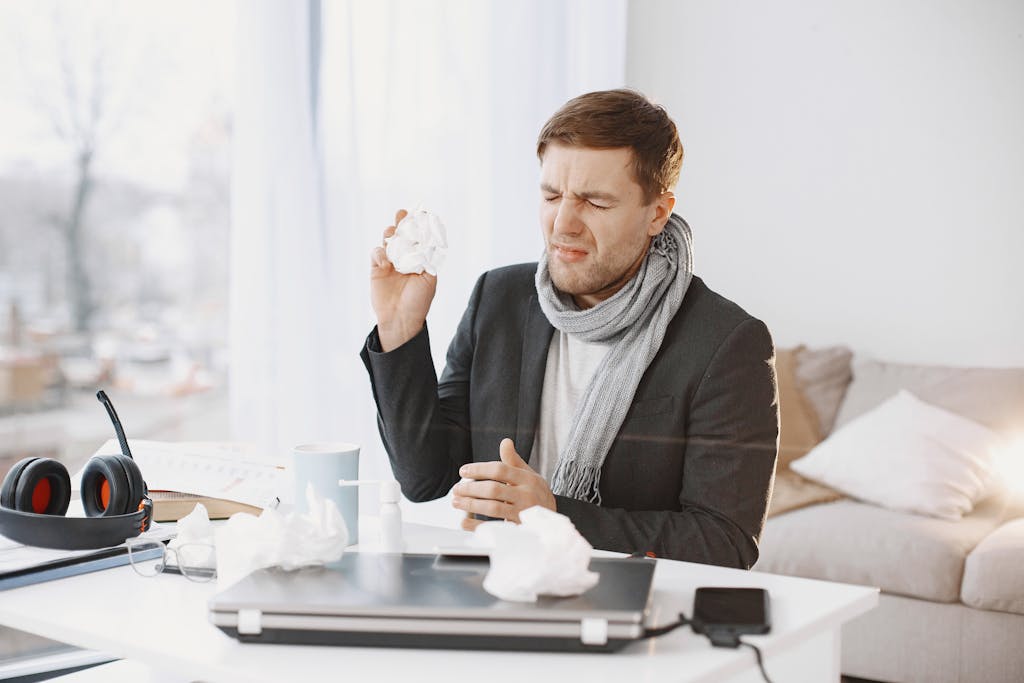How Allergies Affect Your Skin and What to Do About It

Allergies can affect various parts of your body, and one of the areas most impacted is your skin. When your immune system reacts to allergens, it can lead to a range of skin issues, from mild irritation to severe reactions. Understanding how allergies affect your skin and knowing what to do about it can help you manage symptoms and maintain healthy skin.
Common Skin Reactions to Allergies
When you’re allergic to something, your immune system overreacts, causing inflammation and irritation. Common skin reactions include rashes, hives, redness, and itching. In some cases, allergies can cause eczema or worsen existing skin conditions. These reactions are often triggered by allergens such as pollen, pet dander, certain foods, or even skincare products.
Itching and Redness
Itchy skin is one of the most common symptoms of an allergic reaction. The body releases histamines, which cause blood vessels to expand and trigger inflammation. This leads to the itching and redness you may experience, especially in areas where the allergen has come into contact with the skin. It can be incredibly uncomfortable, often leading to scratching that can worsen irritation.
Hives and Swelling
Hives, also known as urticaria, are raised, red, or white welts that can appear suddenly on the skin. They often result from food allergies, insect bites, or exposure to environmental allergens like pollen or dust mites. Swelling, especially around the eyes, lips, or throat, is also common during an allergic reaction and can sometimes become severe.
Eczema and Skin Dryness
Eczema is a condition where the skin becomes inflamed, itchy, and dry. Allergies can trigger eczema flare-ups or make them worse. The skin may become cracked, rough, and more sensitive to irritants. In addition to the discomfort, eczema can cause scarring if scratched too much.
Avoiding Allergens
The best way to prevent allergic reactions on your skin is to avoid exposure to allergens. If you’re allergic to pets, try to limit contact or use allergy-free bedding and air filters. If pollen is the trigger, staying indoors during peak pollen seasons or wearing protective clothing can help. For food allergies, it’s crucial to read ingredient labels carefully and avoid foods that cause reactions.
Treating Skin Allergies
When skin allergies do occur, there are various treatments to help ease symptoms. Over-the-counter antihistamines can help reduce itching and inflammation. Topical creams like hydrocortisone or calamine lotion can provide relief for rashes or hives. For more severe reactions, a doctor may prescribe stronger medications, such as corticosteroids or immune system suppressors.
Moisturize and Protect Your Skin
If you have skin allergies, it’s essential to keep your skin moisturized to prevent dryness and irritation. Using gentle, fragrance-free lotions can help maintain your skin’s barrier and reduce itching. Additionally, protecting your skin from extreme temperatures and using sunscreen can help minimize irritation, especially if you’re prone to sun sensitivity due to allergies.
In conclusion, allergies can have a significant impact on your skin, but with the right precautions and treatments, you can manage symptoms effectively. Identifying your allergens and seeking appropriate care are key steps in preventing and alleviating skin reactions caused by allergies.


